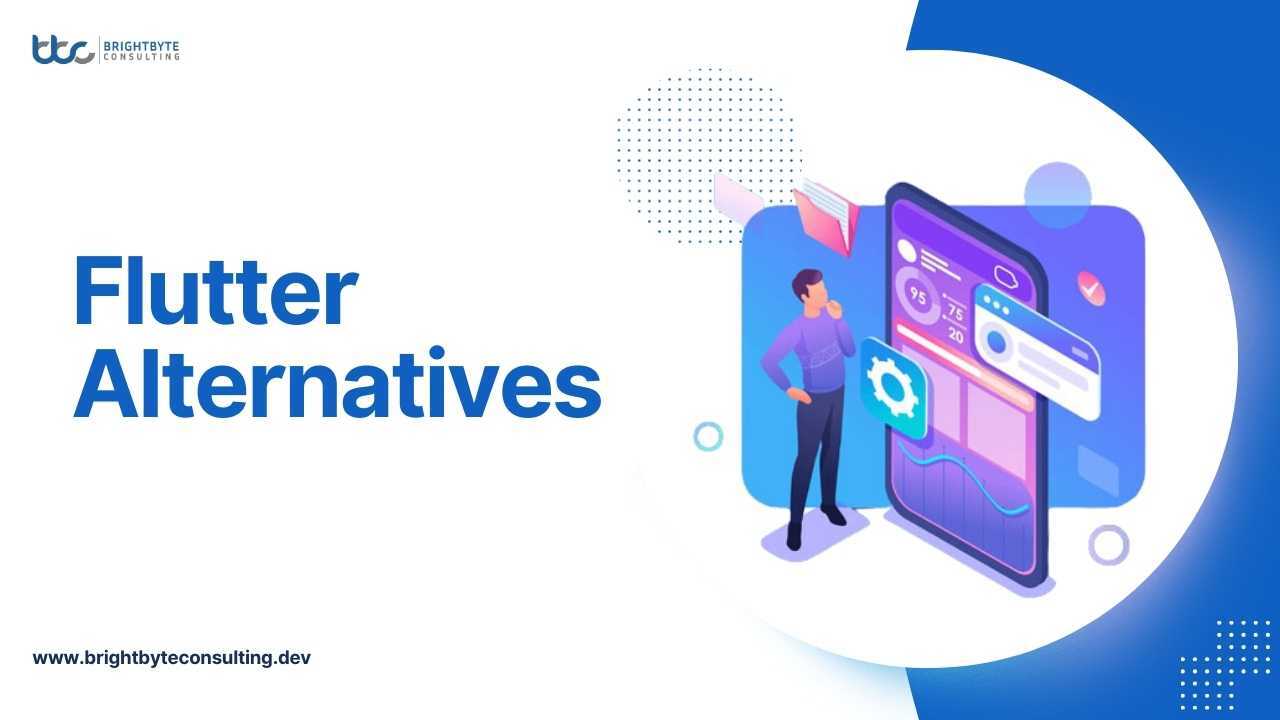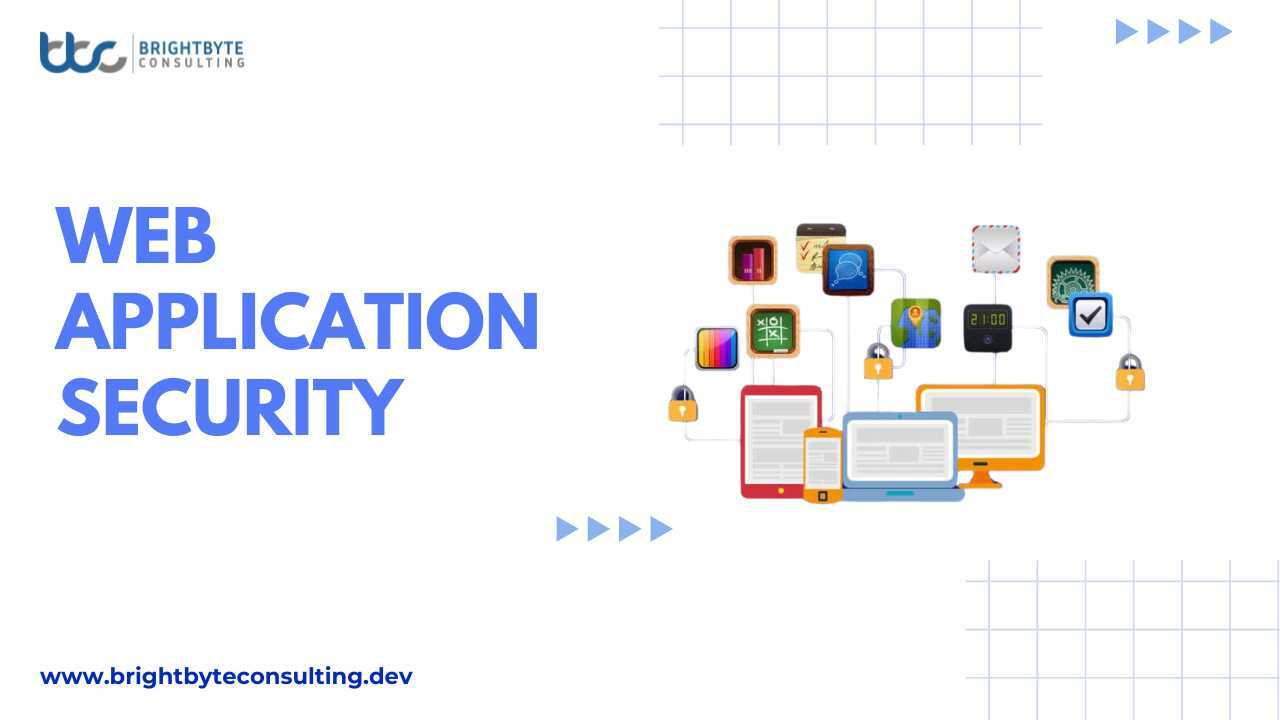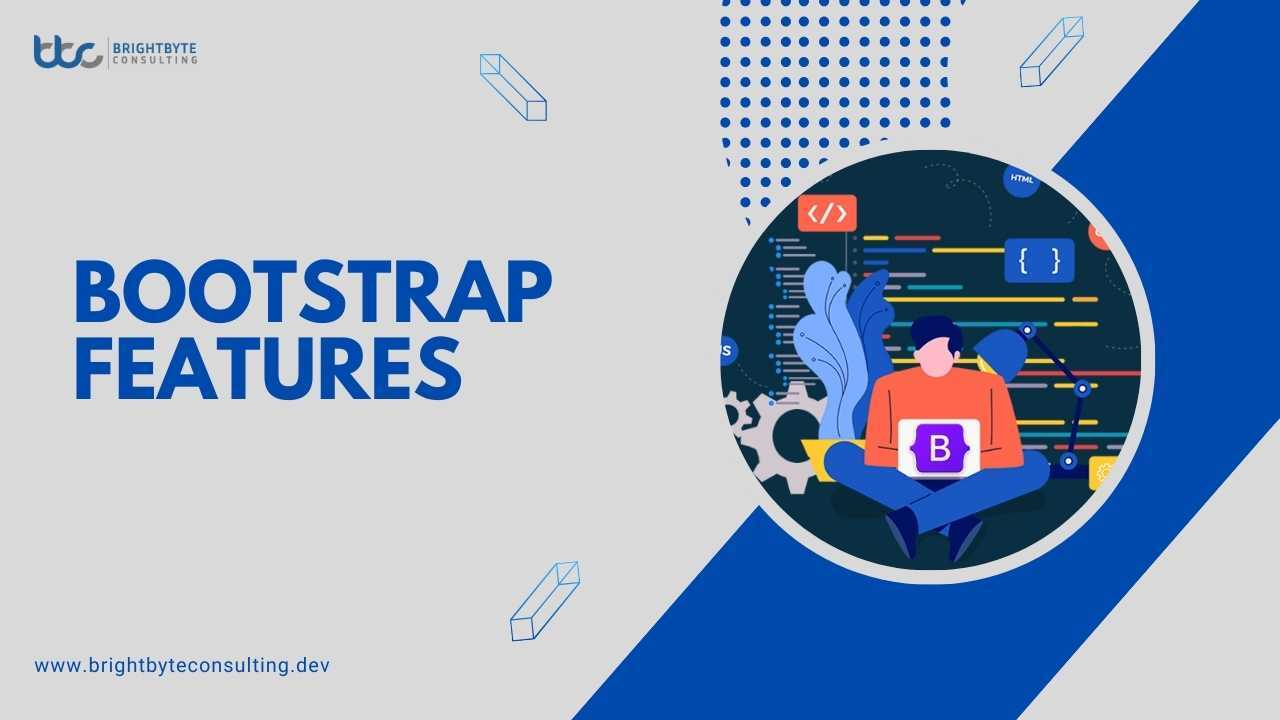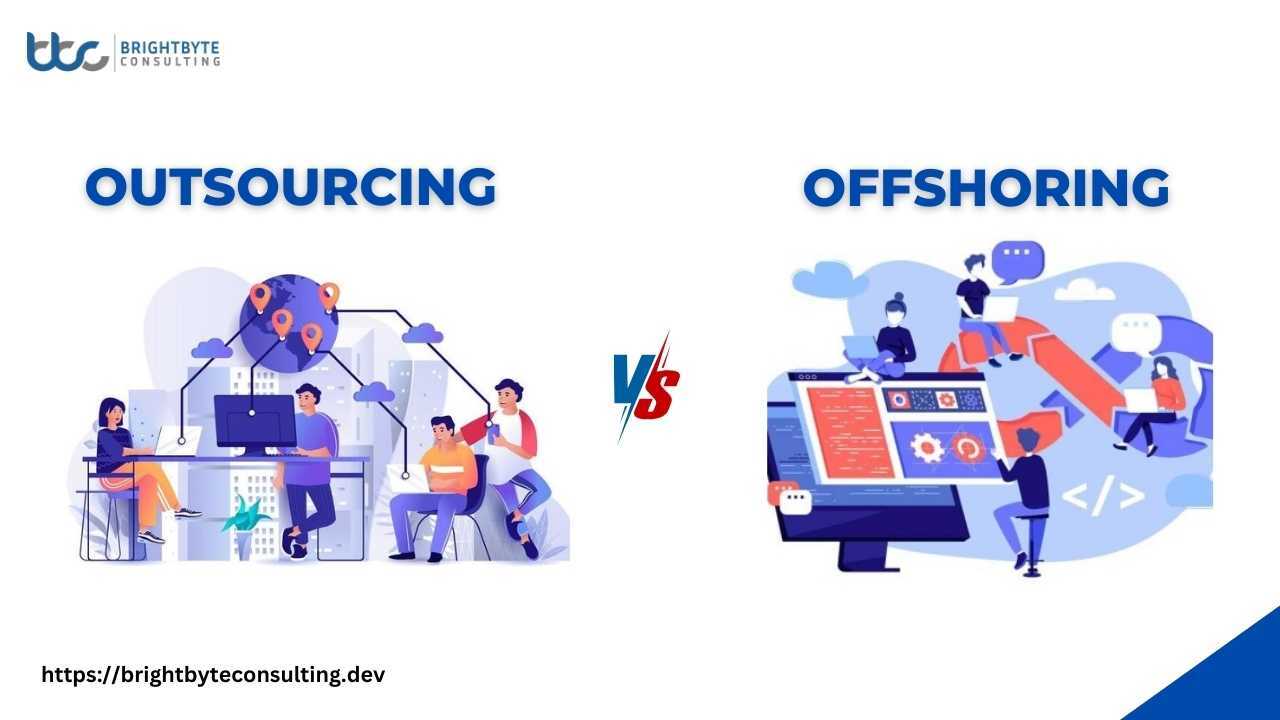Businesses are increasingly interested in cross-platform app development due to its benefits, such as wider reach, cost-effectiveness, faster time to market, and high performance. Flutter, an open-source framework by Google, is a popular choice for building multi-platform applications, offering a single codebase for iOS, Android, Web, Windows, macOS, and Linux. However, it’s crucial to consider other frameworks that might better suit specific project requirements. In this article, we will explore the top flutter alternatives for seamless app development.
What Is Flutter?
Flutter is an open source framework created by Google. It is used for building native apps for mobile, web development and desktop from a single codebase. Flutter allows developers to use a single programming language, Dart, to create applications that run smoothly and look native across different platforms. The framework gained popularity for its fast development capabilities, expressive and flexible UI components, and excellent performance.
While Flutter is widely regarded as the most suitable framework for cross platform development, it may not always align perfectly with specific project requirements. In such cases, exploring flutter alternatives can be a beneficial option. Let’s delve into some flutter alternatives here.
Main Features of Flutter
Flutter offers a rich array of features that position it as a preferred choice among developers. Here are some of its standout capabilities:
- Hot Reload
- Single Codebase
- Expressive UI
- Native Performance
- Widget-Based Architecture
5 Best Flutter Alternatives
React Native
React Native stands as a prominent flutter alternative, allowing developers to utilize a unified codebase across various platforms for app development. Introduced by Facebook in 2015, React Native operates on JavaScript principles, enabling developers to write code once and deploy it across iOS and Android seamlessly. It’s renowned for its developer-friendly approach and mobile-first design, making it a versatile choice for cross-platform app development.
Key Features
- Cross-platform Development
- Reusable Components
- Native Performance
- Hot Reloading
- Third-party Plugin Support
- Declarative Programming Style
- Community and Support
- Cost-effective Development
Xamarin
Xamarin, developed and launched by Microsoft, empowers developers to create iOS and Android apps using C# and .NET. It seamlessly integrates with Visual Studio, providing a familiar environment for developers. Xamarin enables rapid app development with a single codebase, ensuring efficiency and consistency across platforms.
Key Features
- Native User Interfaces
- Shared Codebase
- Native Performance
- Access to Native APIs
- Xamarin.Forms
- Integration with Visual Studio
- Community and Ecosystem
- Microsoft Support
NativeScript
NativeScript is an open-source framework that allows developers to build fully native mobile apps using TypeScript, JavaScript, Angular, and other web technologies. It enables developers to create a native user experience without compromising on performance or functionality. JavaScript developers can leverage NativeScript’s capabilities to maximize their app development potential.
Key Features
- JavaScript/TypeScript Support
- Single Codebase
- Direct Access to Native APIs
- Integration with Angular and Vue.js
- CSS-based Styling
- Rich Plugin Ecosystem
- Open-source and Community-driven
- CLI and Tooling
Ionic
Ionic is a widely used alternative to Flutter that empowers developers to build mobile and web applications using web technologies such as HTML, CSS, and JavaScript. It’s particularly favored for its user-friendly interface and is ideal for small teams and startups. Ionic accelerates development with its pre-designed UI components, streamlining the app creation process significantly.
Key Features
- Cross-platform Development
- UI Components
- Native Access and Plugins
- Performance
- Integration with Angular
- Themes and Customization
- CLI and Tooling
- Community and Support
Swift UI
Developed by Apple, SwiftUI is a declarative framework tailored for building user interfaces across various Apple platforms such as iOS, watchOS, macOS, and tvOS. It boasts features like live preview, enabling developers to visualize real-time changes efficiently. While SwiftUI excels in Apple-centric development, it does not extend its support to non-Apple platforms, distinguishing it from frameworks like Flutter.
Key Features
- Declarative Syntax
- Cross-platform
- Swift Integration
- Live Preview
- State Management
- Reusable Components
- Animations and Transitions
- Integration with UIKit and AppKit
- Accessibility
Conclusion
In conclusion, while Flutter remains a leading choice for cross-platform mobile app development due to its robust features and Google’s backing, exploring alternatives to Flutter like React Native, Xamarin, NativeScript, Ionic, and SwiftUI can provide tailored solutions to specific project needs. Each framework offers unique advantages such as native performance, extensive community support, or seamless integration with specific platforms. By carefully assessing project requirements and choosing the right mobile app development platforms, developers can ensure efficient app development and optimal user experience across diverse mobile applications.
FAQs
What is Flutter?
Flutter is an open-source framework developed by Google for building natively compiled applications for mobile, web, desktop, and embedded devices from a single codebase.
Why choose cross-platform app development?
Cross-platform app development allows developers to write code once and deploy it across multiple platforms like iOS and Android, saving time and resources.
What are the advantages of React Native?
React Native enables developers to use a single codebase in JavaScript for building apps that look and feel native on both iOS and Android platforms.
Why consider Xamarin for app development?
Xamarin, backed by Microsoft, uses C# and .NET to deliver native Android, iOS, and Windows apps with shared code across platforms, ensuring performance and efficiency.
Why use Ionic for app development?
Ionic allows developers to build mobile and web applications using web technologies like HTML, CSS, and JavaScript, known for its simplicity and extensive UI components.
What makes SwiftUI unique?
SwiftUI, developed by Apple, is a declarative framework for building user interfaces across Apple platforms with features like live preview and seamless integration with Swift.
Which mobile app development platform is best for startups?
Ionic is often preferred by startups for its simplicity, cost-effectiveness, and rapid development capabilities using familiar web technologies.











